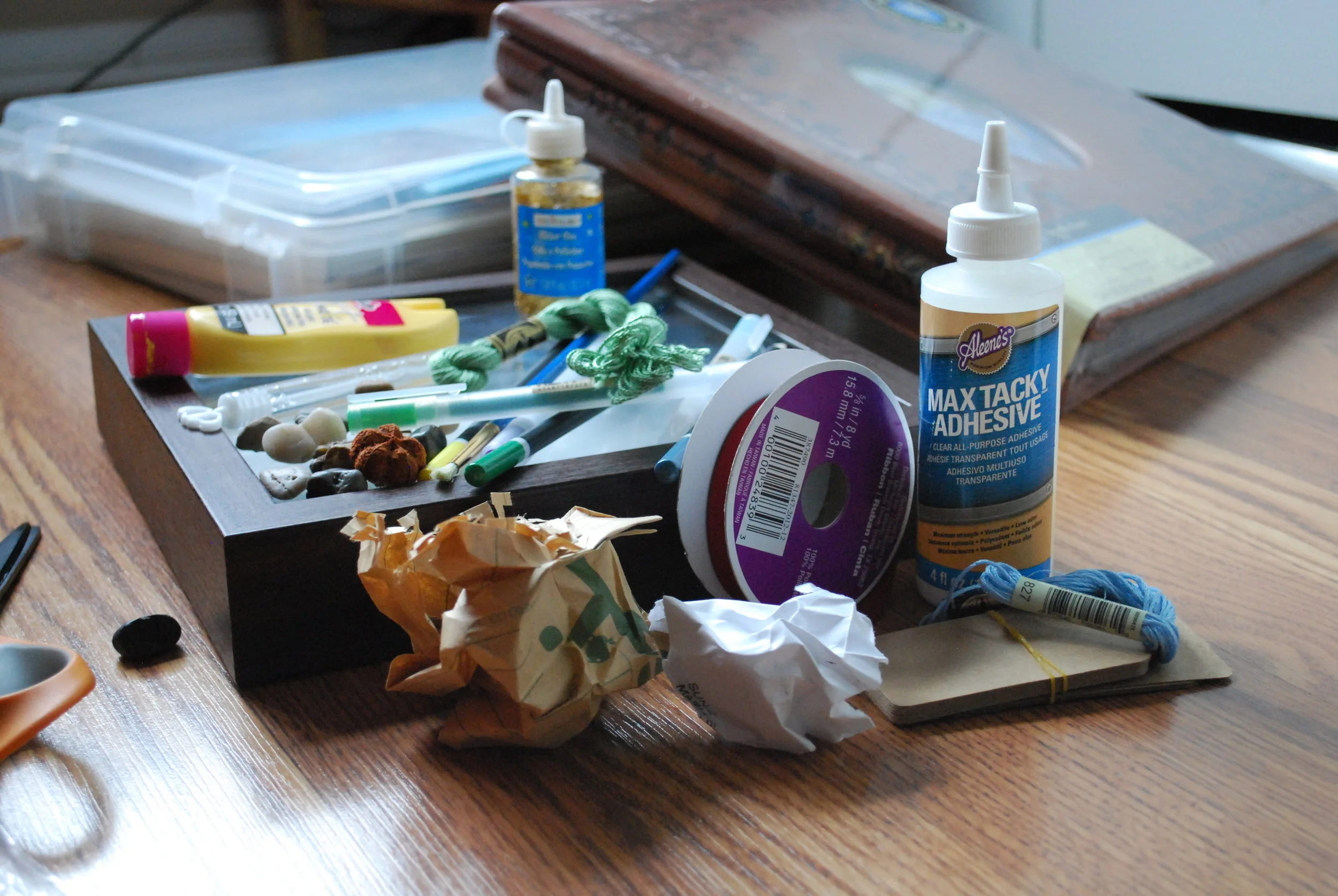6 Ways I Get Through Depression Low Points
The following article includes affiliate links that support the author
Depression: the exact symptoms vary from person to person, but the isolation comes standard. There are plenty of good articles out there about finding solutions for the excessive lows that accompany this mental illness, but this one will be a bit different. My goal when I am low is to help myself get back into a neutral functioning state as soon as possible. Neutral here meaning being able to complete all of my planned tasks throughout the day, without experiencing self(or mind)-induced setbacks.
I will not tell you what you’re doing wrong, and I will not tell you that you HAVE to do XYZ to feel better. What I will do is walk you through activities that have helped me, in the hopes that maybe one can help you.
Distraction
Thank goodness enjoying traditionally childlike activities as an adult is in right now. And I don’t mean because I care about judgment, I mean because it means coloring books, connect-the-dots, color-by-number, puzzles—they’re all available in just about every craft store. What these help with is giving my brain something else to focus on that isn’t about how I should die, or how the world would be better without me. In a world of magical foxes and sparkling butterflies none of that is relevant. This also works better than reading a book because when I am unwell I am usually unable to focus enough to take in the words. Hello, rainbows I literally create myself, goodbye darkness.
Scrapbooking
This is the best when my PTSD is also acting up. Setting my memories one by one helps keep them in perspective. The scrapbooks I make are never about moments that made me unhappy, so I am usually preoccupied with thinking about the moment I am commemorating while I place as many stickers and stuff as much glitter as my heart desires. Additionally, there is truly no wrong way to have a scrapbook, so the end product is always something I can be proud of and enjoy later too.
Movement
The most difficult part of depression for me is feeling like a failure. I am usually occupied with comparing how my achievements do not stack up against the accomplishments of others. The only counter that I have found to this is doing something. Anything. Setting back my expectations for myself to zero and then giving myself credit when I accomplish whatever small action I have set out to do. For example, if normally I beat myself up for not going on a run, I might take an extra moment to commend myself for simply getting out of bed. Anything small becomes an accomplishment then. It won’t make me feel back at 100%, but it will definitely give me a foundation upon which to start building positive thoughts. If I can muster the willpower, the endorphins from doing yoga or taking a brisk walk outside always help me reset. The hard part is convincing myself to start.
Finding Company
The internet is vast, whether I go into a Discord server or just see if a friend is online for a chat, I always get immense relief from feeling less alone with my thoughts. Sometimes I am looking for some real talk, other times I want a distraction but either way, there is always someone out there if I reach out.
Organization/Cleaning
There is a reason the Netflix series Tidying Up With Marie Kondo has become such a huge hit. In her book Marie describes cleaning as her time for meditation. When I am at the point where I feel jittery or nauseous, cleaning helps me by taking my mind off of what my body is experiencing and onto a productive activity instead. In this case, something like connect-the-dots would not be easy to do as I can’t even get myself to sit down. That’s when I clean and organize. The only caveat is that I have to keep the organization to one specific spot in my home, otherwise I can create an endless project for myself that will end up making me feel more defeated than accomplished.
Sixth and final—Therapy
One might note that these are my short-term solutions. In the long run, the most important piece to my feeling better is reframing my thoughts through therapy and adjoining homework in the form of workbooks and personal awareness. This largely relies on the methods of cognitive behavioral therapy (CBT), wherein we learn that our thoughts are not always working in our best interest and find ways to adjust them to do so. An example would be catching catastrophizing internal language such as, “I am an awful employee and will lose my job” and turning it into “I sometimes make mistakes, but no one is perfect.” You do so by asking about the truth to the first statement. Can you truly prove that the worst is about to happen? No? Then it is healthier to assume it will not.
Photo by MINDY JACOBS on Unsplash
I wish you luck in getting yourself back into an awesome, productive state and I hope my ideas help you get there. I would love to hear things you do to keep yourself in good shape. Leave your comments wherever you find this post!




